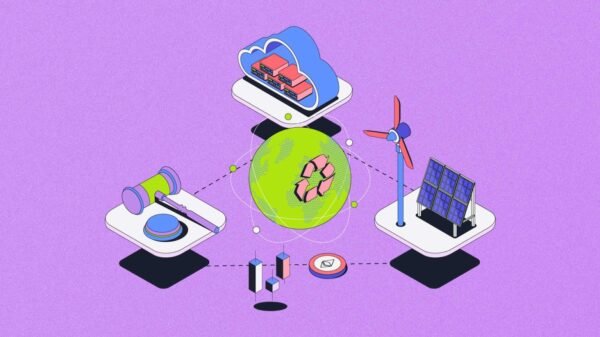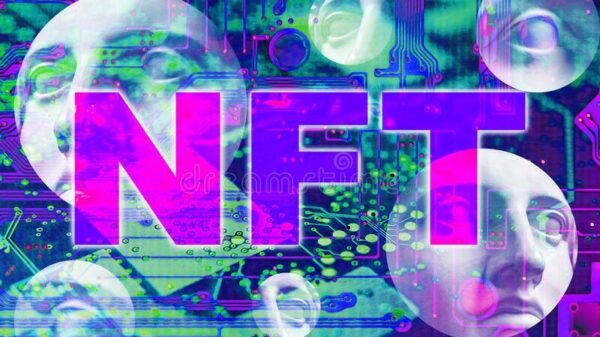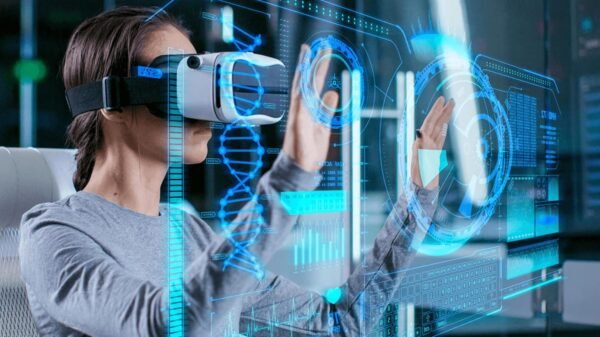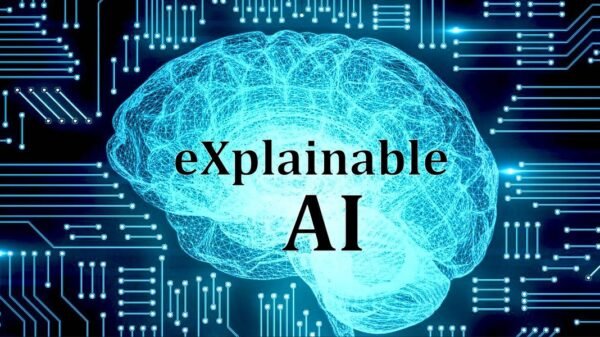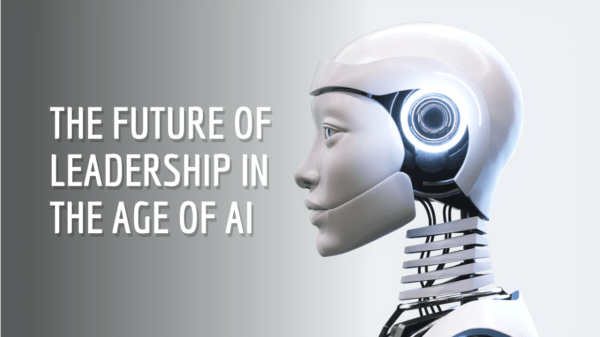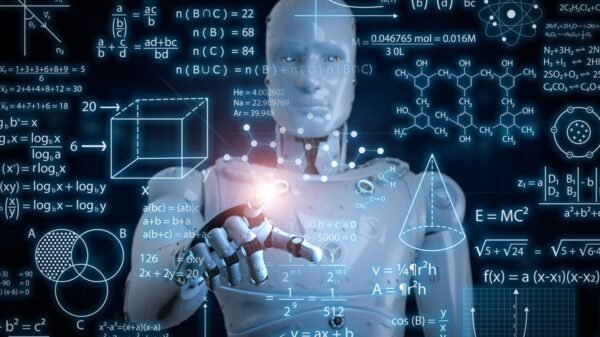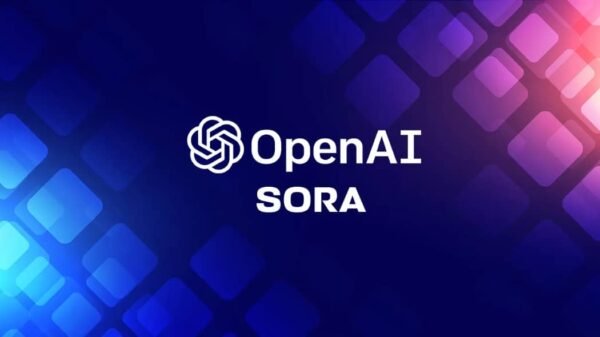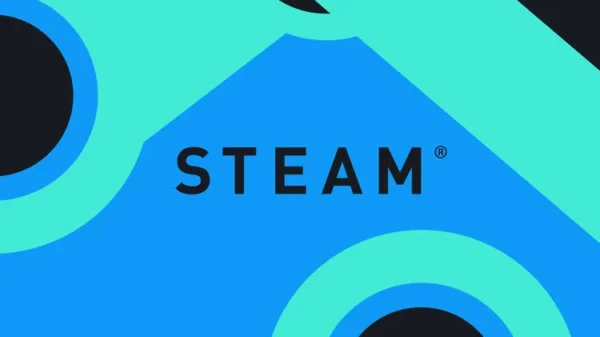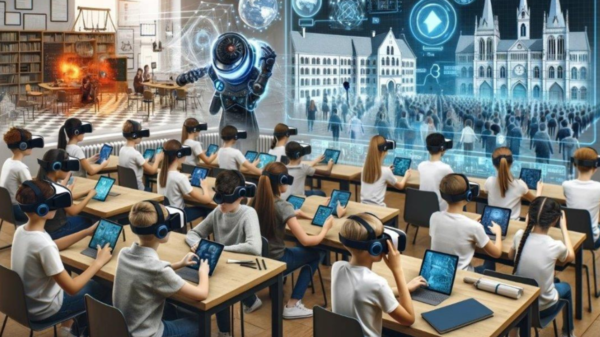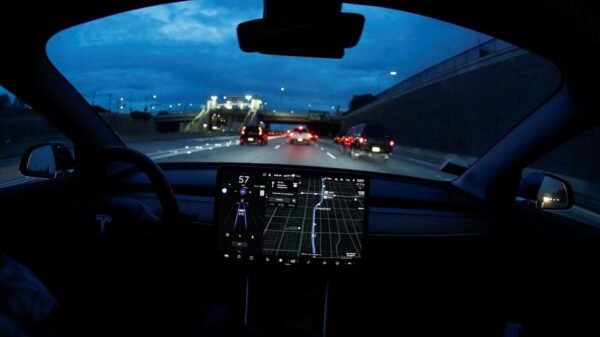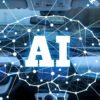Recently, Google has announced that it has acquired Kaggle, a “community platform full of data scientists and machine learning enthusiasts” is a blog post on Wednesday. Google stated that the reason for this acquisition is that it wanted to expand upon Google Cloud. By acquiring Kaggle, Google looks to allocate the skills of Kaggle’s team into machine learning training and deployment services, along with dataset storage and query technology. Kaggle was founded in 2010 as a “platform for predictive modeling and analytics competitions on which companies and researchers post their data and statisticians and data miners from all over the world compete to produce the best models.” In other words, Kaggle has created an open-source networking forum that allows users to improve upon and share work.
Kaggle has been used by over 800,000 data scientists to expand upon machine learning and data analytics ever since it was created. Google looks to makes use of this large database of cooperation amongst these data scientists. Some of the projects that Kaggle’s community had created are utilizing machine learning for everything from essay marking to diagnosing heart failure. Recently in late August, Kaggle had created an open data platform that permitted scientists to contribute a “range of datasets to everything from credit card fraud to H-1B Visa petitions and tsunami wave rates.”
Although most smaller startups disband once they are acquired by larger companies, Kaggle CEO Anthony Goldbloom has assured the public that Kaggle will maintain a separate brand while partnering with Google. Kaggle will still remain open to “data scientists, companies, techniques, and technologies.” Goldbloom went on to say that Kaggle will “continue to support a diverse ecosystem of machine learning libraries and packages supported by Google as well as those outside of Google’s toolkit,” and that “making Google Cloud technology available to our community will allow [them] to offer access to powerful infrastructure, scalable training and deployment services and the ability to store and query.”
Google sees the acquisition of Kaggle as a way to delve deeper in AI. Fei-Fei Li, the Chief Scientist of Google Cloud AI and Machine Learning, said that Kaggle will help Google “lower the barriers to entry to AI and make it available to the largest community of developers, users and enterprises, so they can apply it to their own unique needs.” Because Kaggle is planning to maintain its community by allowing the data scientists access to Kaggle, Google can use this audience to further expand upon its ambitions to make Google AI the “next big thing.”
Google’s acquisition of Kaggle gives solid evidence of Google’s interest in expanding into the realm of AI. Even though Kaggle was a smaller startup, it is used by over 800,000 data scientists that can directly aid Google through a continuous interest in Kaggle. Because Kaggle is still keeping its doors open to its original user base, Google will be able to use the data that Kaggle generates and apply it to Google’s own AI program and department.
Featured Image via Flickr








